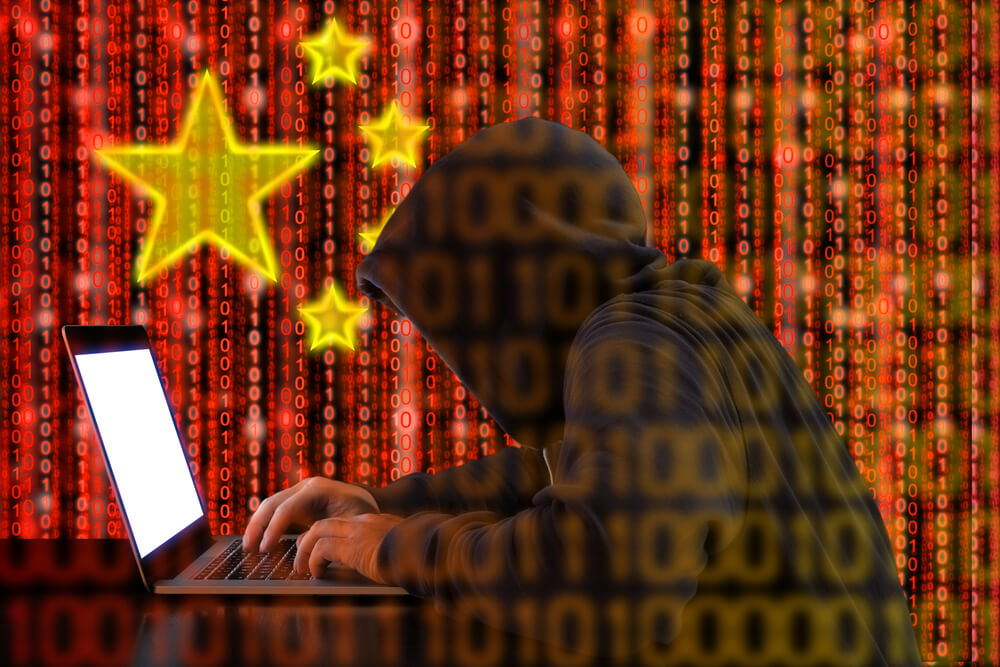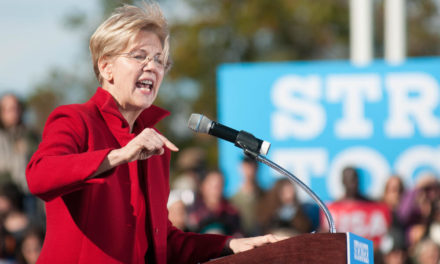With the trade war between China and the U.S. waging, one company, Huawei, has been caught in the middle.
The Trump administration claims Huawei is nothing more than an extension of the Chinese government, and that the world’s largest telecommunications company allows Beijing to spy through its vast array of telecom networks built across the West.
The U.S. even went so far as to have Huawei’s CFO arrested in Canada on charges she was dealing with Iran, which is under U.S. sanctions.
Huawei has denied all of the allegations, but now Vodafone, Europe’s biggest phone company acknowledged to Bloomberg that it has found vulnerabilities and a potential backdoor going back years with equipment supplied by Huawei for the carrier’s Italian business.
While Vodafone says the issue has been resolved, it appears the White House might finally have its smoking gun.
Per Bloomberg:
As far back as 2009, Vodafone Group Plc — one of the world’s most powerful and far-reaching telecom companies — found hidden backdoors that could have given Huawei access to its fixed-line network in Italy, Bloomberg News’s Daniele Lepido reported Tuesday, citing security briefing documents from the London-based company.
In a statement to Bloomberg News, Vodafone acknowledged that it had discovered such vulnerabilities.
A key point in the documents is that even after Vodafone asked Huawei to remove backdoors in its home internet routers in 2011, and received assurances that that they had been, further tests found that the vulnerabilities remained.
Giving cover to Huawei’s assertions of innocence is Vodafone itself, which said that the problems were eventually fixed and that there’s no evidence of data being compromised. The British company went a step further:
“It is not uncommon for vulnerabilities in equipment from suppliers to be identified by operators and other third parties … If a vulnerability exists, Vodafone works with that supplier to resolve it quickly.”
That’s supposed to be a comfort, I guess, but it’s not. Vulnerabilities in both routers and the fixed-access network remained, and were found elsewhere in Europe. Vodafone stuck with Huawei because its services were competitively priced, Lepido reported.
Telecom operators have a vested interest in ensuring their networks are secure, only allowing access that is authorized and logged. They provide services to corporations and governments that demand security, and losing their trust risks losing business.
Yet Vodafone and its peers also have an interest in ensuring Huawei doesn’t get banned from bidding for contracts. The Chinese company’s entry into the market gave carriers more choice beyond a select group of European and North American suppliers.
Having Huawei, or its compatriot ZTE Corp., taken off the tender list reduces operators’ bargaining power even if they lean toward a Western option. That’s among the reasons we’ve seen telecom executives play down the risks and even defend Huawei. Money is a powerful incentive, and a penny saved is a penny earned.
Expect Huawei proponents and telecom operators to dismiss this revelation as an aberration that proves nothing. Huawei’s newly invigorated PR machine will whip into overdrive, and Chinese authorities will spin the report as propaganda. Meanwhile, Western politicians will crow “I told you so.”
When the stakes — financial, political and security-related — are so high, even a smoking gun may not be enough for a guilty verdict.




